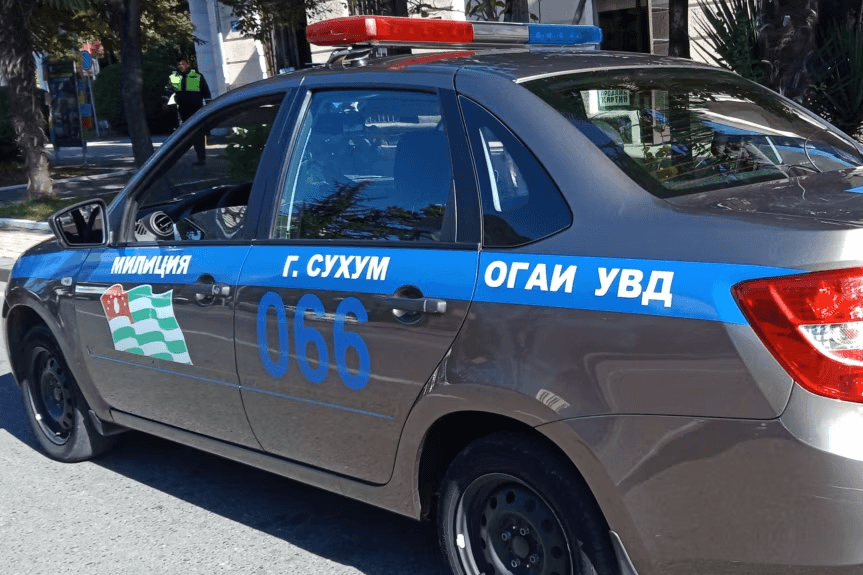
The shortage of fuel in Abkhazia is threatening regional budgets, which are largely financed through tax receipts from the sale of fuel.
Since the beginning of the month, petrol has been scarce at gas stations throughout Abkhazia.
Abkhazia’s Ministry of Economy has given several explanations for the shortage.
According to the Ministry, the increased demand for fuel is in part to the record number of tourists visiting Abkhazia — as both tourists and Abkhazia residents working in the tourist sector have increased their fuel consumption.
Additionally, an increase in the number of passenger trains travelling to Abkhazia has led to disruptions of freight traffic — including freight carrying petrol. According to Arsou Chitanava, General Director of Abkhazian Railways, the situation should improve after 15 September due to a decrease in tourists coming to the Black Sea.
A shortage in Abkhazia’s fuel market has been expected in Abkhazia since February 2021, in part because of an increase in Russian fuel prices. While previously Abkhazia imported petrol from both Turkey and Russia, it now only imports from Russia with a state-owned company making all the purchases from Russian state-owned company Rosneft.
Abkhazia has also not updated the quotas on the amount of duty-free fuel it can buy from Russia, despite changing consumption rates.
According to the Abkhazian Minister of Economy Christina Ozgan, negotiations are presently underway to increase these quotas.
A similar shortage of fuel previously afflicted Abkhazia in June of this year.
Reactions to the fuel crisis
A solution to the shortage of petrol was proposed at a press conference back in August by prominent opposition leader Temur Nadaraya, a member of the supreme council of the Aruaa (Defenders) a veterans’ organisation with ties to former President Raul Khadzhimba.
Meanwhile, opposition leader and former economy minister Adgur Ardzinba criticised the government for its inaction.
‘Back in May, oil companies contacted the Ministry of Economy and warned that there would be such a situation if the government did not respond in time’, he said. ‘We have never had a price higher than in Sochi [Russia]. Our price per litre of fuel has always been three to four rubles lower than the retail price in neighbouring regions’.
Local resident Odik Kakaliya has been driving for almost 50 years, according to him the shortage is a result of unscrupulous business owners.
‘[I’m sure] they [business owners] hid the petrol, and are waiting for the prices to rise to get money by hook or crook. No one cares about the common people. When the price goes up, petrol will appear everywhere’, he told OC Media.
The fuel problem has also been actively discussed on Facebook and numerous users have posted photos of the long queues at gas stations around Abkhazia.
Despite the outrage, some think that a price rise for petrol is inevitable and will likely be permanent and that Abkhazians will just have to adapt.
‘We just got used to the fact that ours is cheap: electricity is cheap, gasoline is cheap as if we still live in the Soviet Union, but no. You just have to switch to small cars or electric cars’, Kakaliya said.
The primary geographic terms used in this article are those of the author’s. For ease of reading, we choose not to use qualifiers such as ‘de facto’, ‘unrecognised’, or ‘partially recognised’ when discussing institutions or political positions within Abkhazia, Nagorno-Karabakh, and South Ossetia. This does not imply a position on their status.








